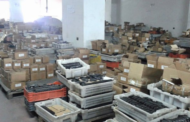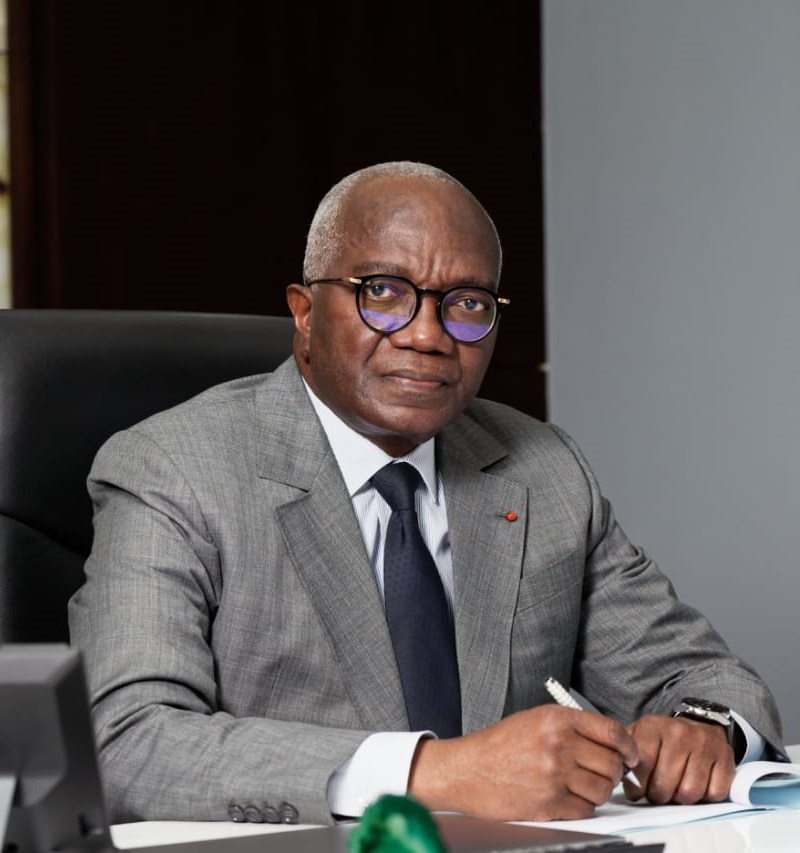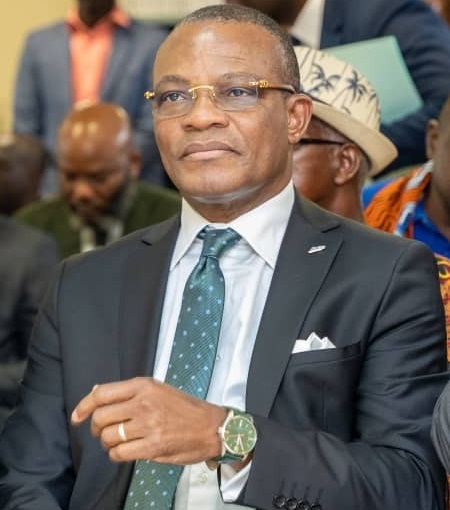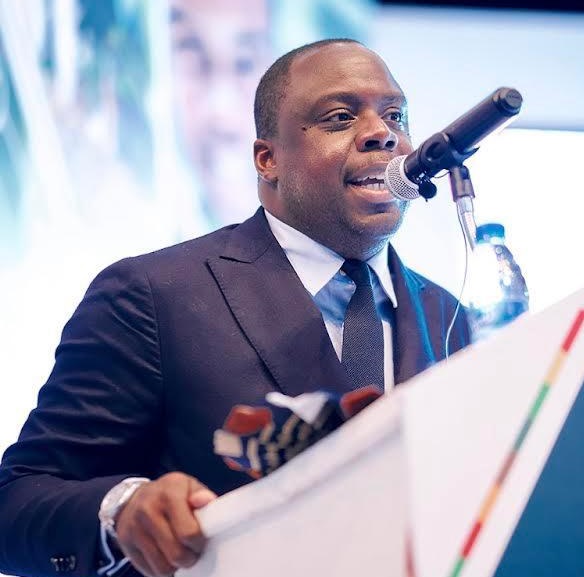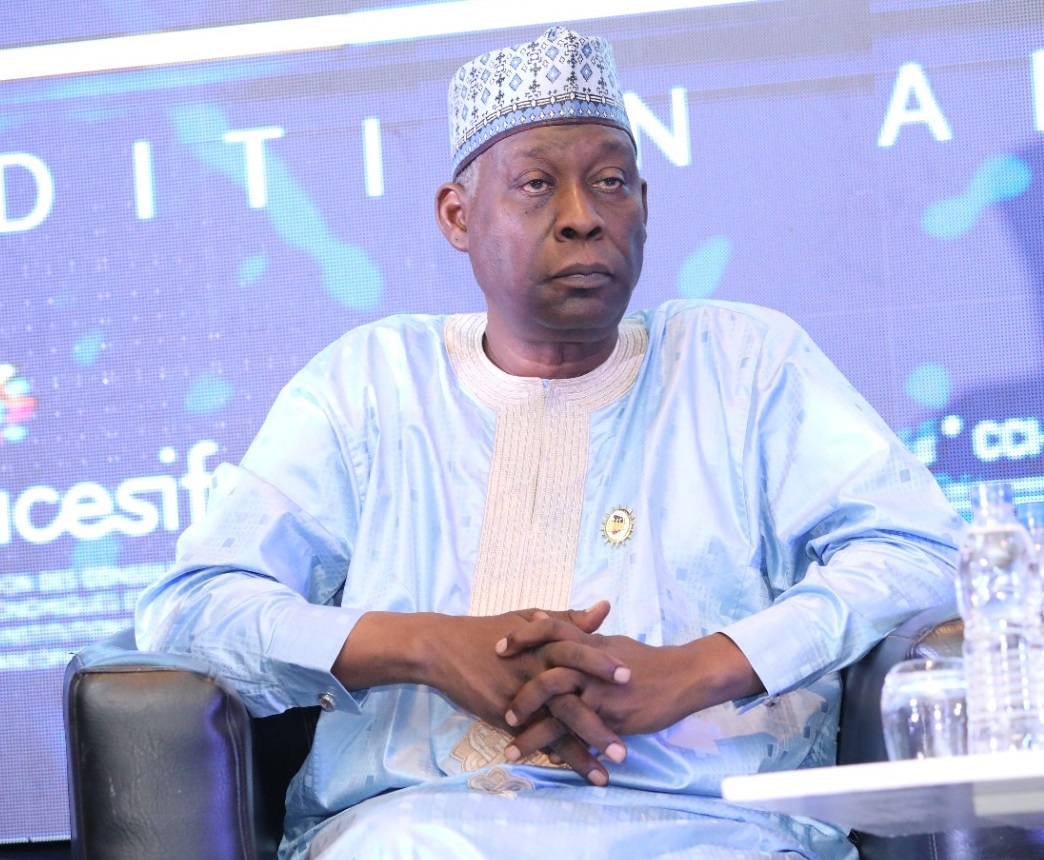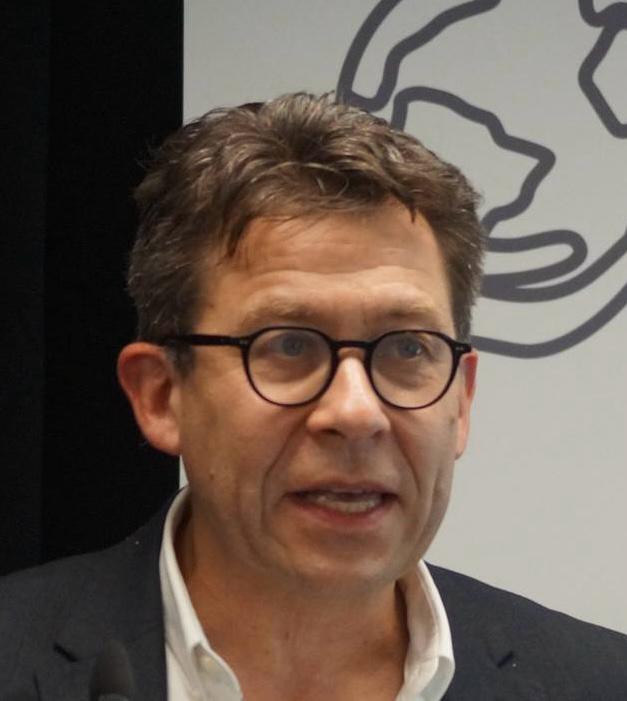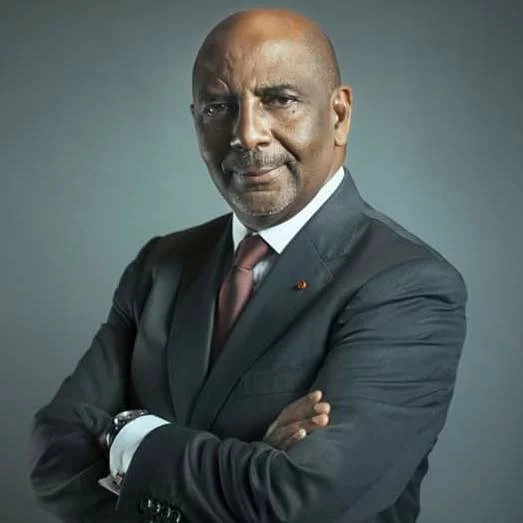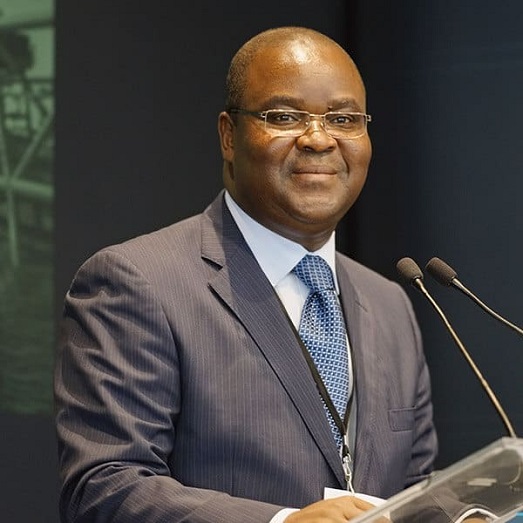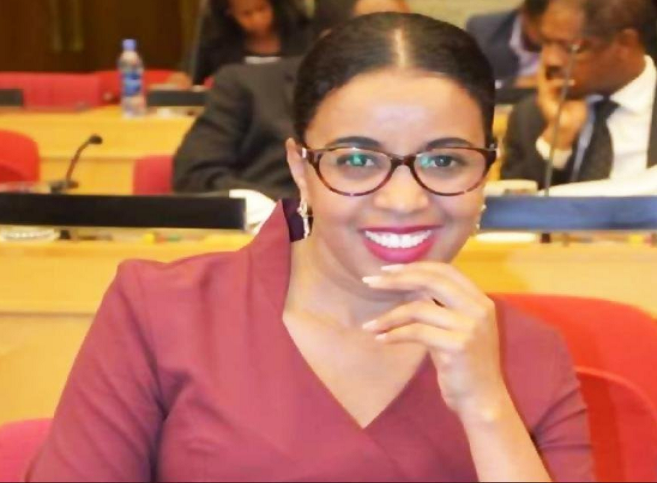The perception has long been that Africa is hopeless, a place of war and famine seemingly populated almost entirely by tyrants and children with flies in their eyes. Naturally, with a new appeal every year and a new disaster every other, some people have begun to wonder if all the aid money from foreign nations pouring into Africa is doing any good. They argue that aid creates dependence, fuels corruption, undermines democracy and stifles development. And that debate is important, no doubt. But it is drowning out a more significant development – that aid is no longer Africa’s main source of foreign income. Africa is now becoming an attarctive business destination.
According to the Organization for Economic Cooperation and Development, foreign investment in Africa crossed $50 billion, much higher that the foreign aid it receives. Africa’s average annual growth for rose more than 6 per cent in the last five years — better than any developed economy ie. United States.
Yes, Africa is still a continent that exports its commodities (natural resources) — with its forests, oil fields and mines. Yes, Africa still has its Darfurs, Somalias, Congos and Zimbabwes. Most Africans are not middle class, but most also no longer live in extreme poverty. The World Bank says the percentage of Africans living on $1.25 a day or less has dropped from 59 per cent to 51 per cent in the last 10 years. Africa, usually the poorest performing region in the world economy, is now likely to be among the best-performing. There has definitely been a transition in the last few years. The continent now has huge potential. Or as Stephen Hayes, president and CEO of the Corporate Council on Africa, puts it, “Africa offers more opportunity than any place in the world.”
Perhaps the most compelling evidence that Africa is now a business destination is China’s new love for it. While the old superpowers still agonise over Africa’s poverty, the new one, China, is captivated by its immense riches. As a result, trade between Africa and China has grown an average of 30 per cent in the past decade, crossing $100 billion. Chinese engineers are at work across the continent, mining copper in Zambia and cobalt in the Democratic Republic of Congo and tapping oil in Angola. China bought its access by agreeing to create a new infrastructure for Africa, building roads, railways, hospitals and schools across the continent.
And that gets to what, for Africans, is the emotional heart of the matter — and why joining the business world means so much. Though it rarely occurs to Westerners and international donors who’ve been instructed that Africa needs their help, charity is humiliating. Not emergency charity, of course: when disaster strikes, emergency aid is welcome, whether in New Orleans or Papua New Guinea. But longterm charity, living life as a beggar, is degrading.
Andrew Rugasira, 40, runs Good African Coffee, a Ugandan company he set up in 2004 to supply British supermarkets under the motto “Trade, not aid.” He is an example of a new generation of African anti-aid, anti-state entrepreneurs. For Rugasira, aid not only “undermines the creativity to lift yourself out of poverty” but also “undermines the integrity and dignity of the people. It says, these are people who cannot figure out how to develop.”




